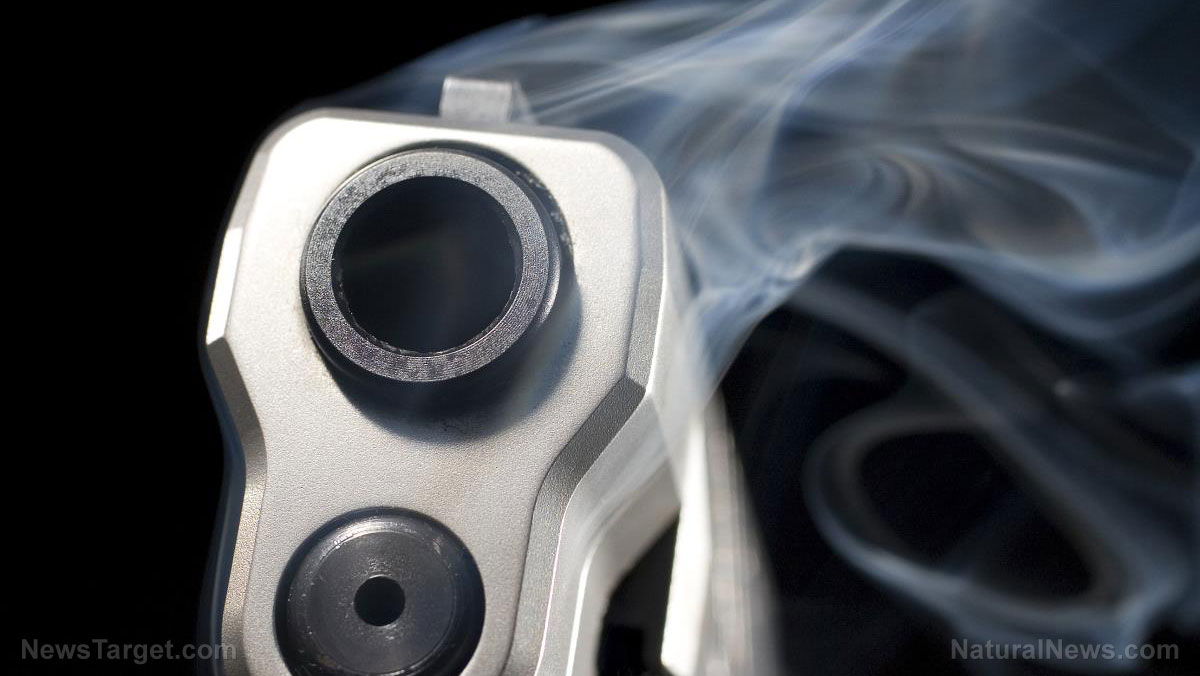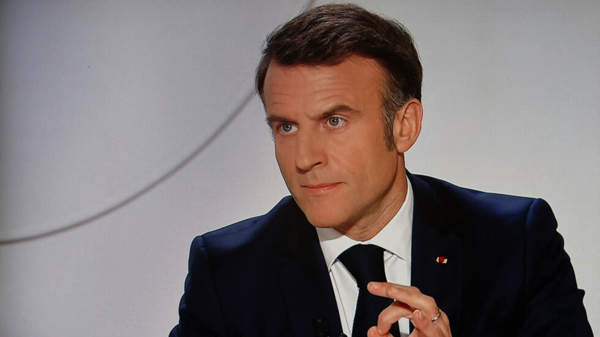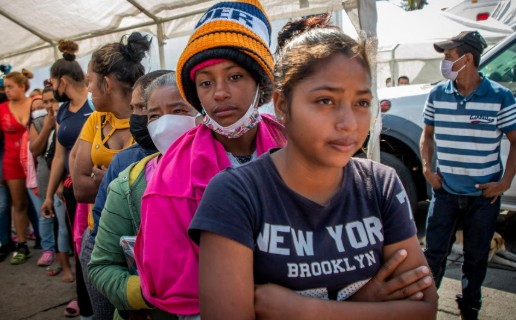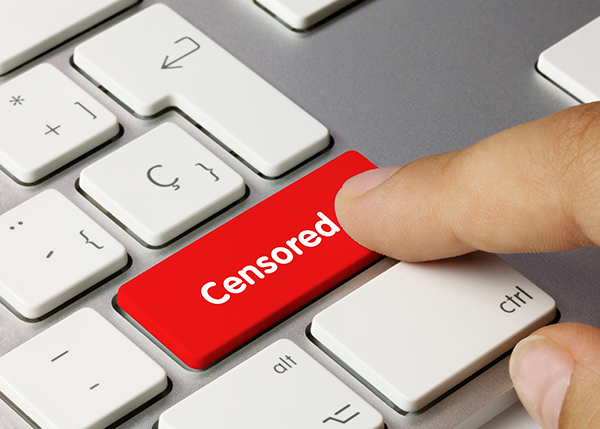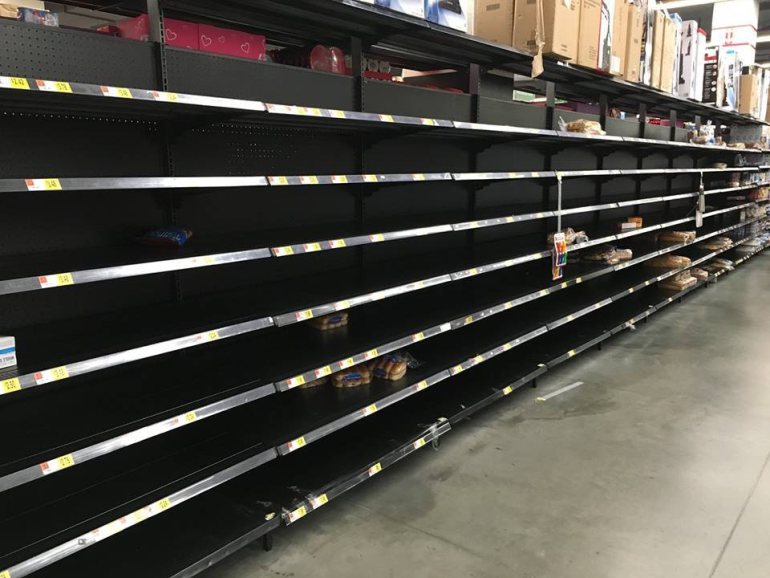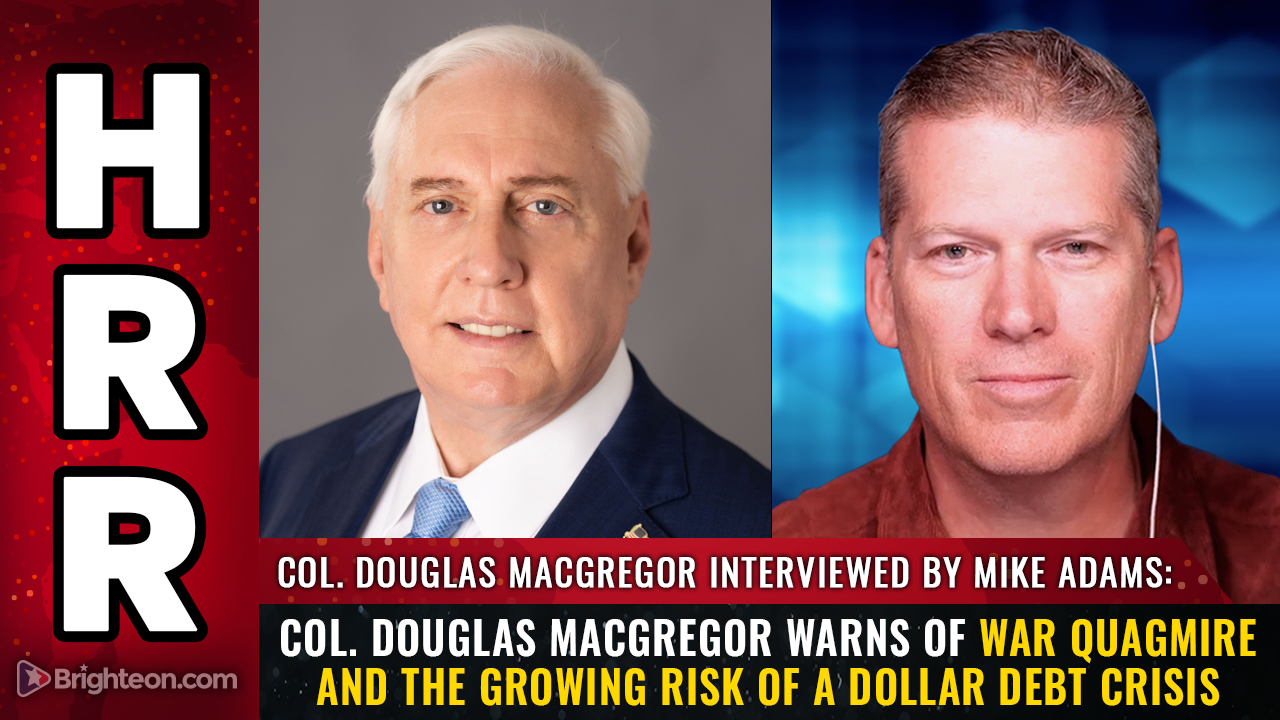 Parler
Parler Gab
Gab
- The 1986 NCVIA granted vaccine manufacturers blanket immunity from lawsuits, funneling injury claims into a flawed federal compensation program (VICP) that rejects nearly half of all cases.
- The VICP operates as a "kangaroo court," with strict criteria that prevent most families from receiving justice, while manufacturers face zero financial or legal consequences.
- COVID-19 vaccines were further shielded under the PREP Act, preventing victims from suing—but H.R. 4668 would remove this protection.
- The bill eliminates the statute of limitations for filing claims, allowing retroactive cases and giving families long denied justice a chance at restitution.
- Vaccine manufacturers have avoided rigorous safety testing, relying on short-term studies and non-inert placebos, while enjoying guaranteed profits from government-mandated schedules.
The 1986 betrayal: How Congress sold out families to protect Big Pharma
The origins of the NCVIA trace back to the early 1980s, when lawsuits against vaccine manufacturers—particularly over the DTP (diphtheria-tetanus-pertussis) vaccine—began piling up. Parents of children left with seizures, brain damage, and even death were winning multi-million-dollar settlements, threatening the financial stability of pharmaceutical companies. Instead of demanding safer vaccines, Congress caved to industry pressure, passing a law that stripped families of their right to sue. Under the NCVIA, all injury claims were redirected to the VICP—a system critics call a "kangaroo court" where the deck is stacked against victims. The burden of proof is impossibly high, the definitions of "vaccine injury" are arbitrarily narrow, and the process drags on for years. Even when families win, compensation is often a pittance compared to the lifelong medical costs of caring for an injured child. Meanwhile, manufacturers continue raking in billions, shielded from any real accountability.A rigged system: How the VICP denies justice
The VICP is not a court—it’s a bureaucratic maze designed to protect the industry. Unlike civil lawsuits, where discovery processes and jury trials expose corporate misconduct, the VICP operates behind closed doors. Cases are decided by a "Special Master," not a judge, and plaintiffs are barred from presenting key evidence. Worse, the program is funded by a 75-cent excise tax on each vaccine dose—meaning the public, not the manufacturers, foots the bill for injuries. Consider the case of Hannah Poling, a child who developed autism and encephalopathy after receiving nine vaccines in a single day. Though the government conceded her injuries were vaccine-related, her family spent years fighting for compensation. Thousands of others aren’t so lucky—their claims dismissed outright because their child’s condition isn’t on the VICP’s narrowly defined "injury table."COVID-19 vaccines: The ultimate liability scam
The PREP Act, passed in 2005, expanded Big Pharma’s liability shield to include "countermeasures" during public health emergencies—like COVID-19 vaccines. This meant that even as reports of heart inflammation, blood clots, and neurological damage surged, victims had no legal recourse. H.R. 4668 would strip COVID-19 vaccines of this special protection, allowing injured individuals to sue manufacturers directly. Pfizer, Moderna, and Johnson & Johnson have made billions while dodging accountability. Internal documents reveal they knew about risks—like myocarditis in young males—yet downplayed them. Under the current system, they face zero consequences. But if H.R. 4668 passes, the floodgates could open, forcing these companies to answer for their negligence in real courts, before real juries.The path forward: Restoring justice or preserving corruption?
Opponents claim repealing the liability shield would collapse the vaccine industry. But this is fearmongering. A hybrid system—where the VICP remains an option, but injured parties can also sue—would reintroduce accountability without dismantling compensation entirely. Robert F. Kennedy Jr., a longtime advocate for vaccine safety, has argued that without legal liability, manufacturers have no incentive to improve safety. "If you remove the economic penalty for negligence," he said, "you get more negligence." H.R. 4668 is a critical step toward ending this injustice. It’s time to demand that vaccine manufacturers operate under the same legal standards as every other industry—no more special protections, no more buried injuries, no more profits over people. Sources include: X.com Congress.gov Congress.gov ChildrensHealthDefense.orgCalifornia jewelry store owner fends off mob of thieves with WARNING SHOT
By Ramon Tomey // Share
France to recognize Palestinian State, Macron announces
By Laura Harris // Share
Valve removes over 100 adult games on Steam due to pressure from Visa and Mastercard
By Laura Harris // Share
Dismal State of Missouri’s “socialist grocery” sparks national debate over government failures
By Willow Tohi // Share
Hibiscus tea kills deadly avian flu virus, study finds
By newseditors // Share
Trump’s Middle East escalation risks full-blown regional war
By finnheartley // Share
Finding STRENGTH in stress: HEAL your way through life's challenges
By ljdevon // Share
The architects of Moderna’s mRNA shots are plotting to spray RNA on your food
By ljdevon // Share
